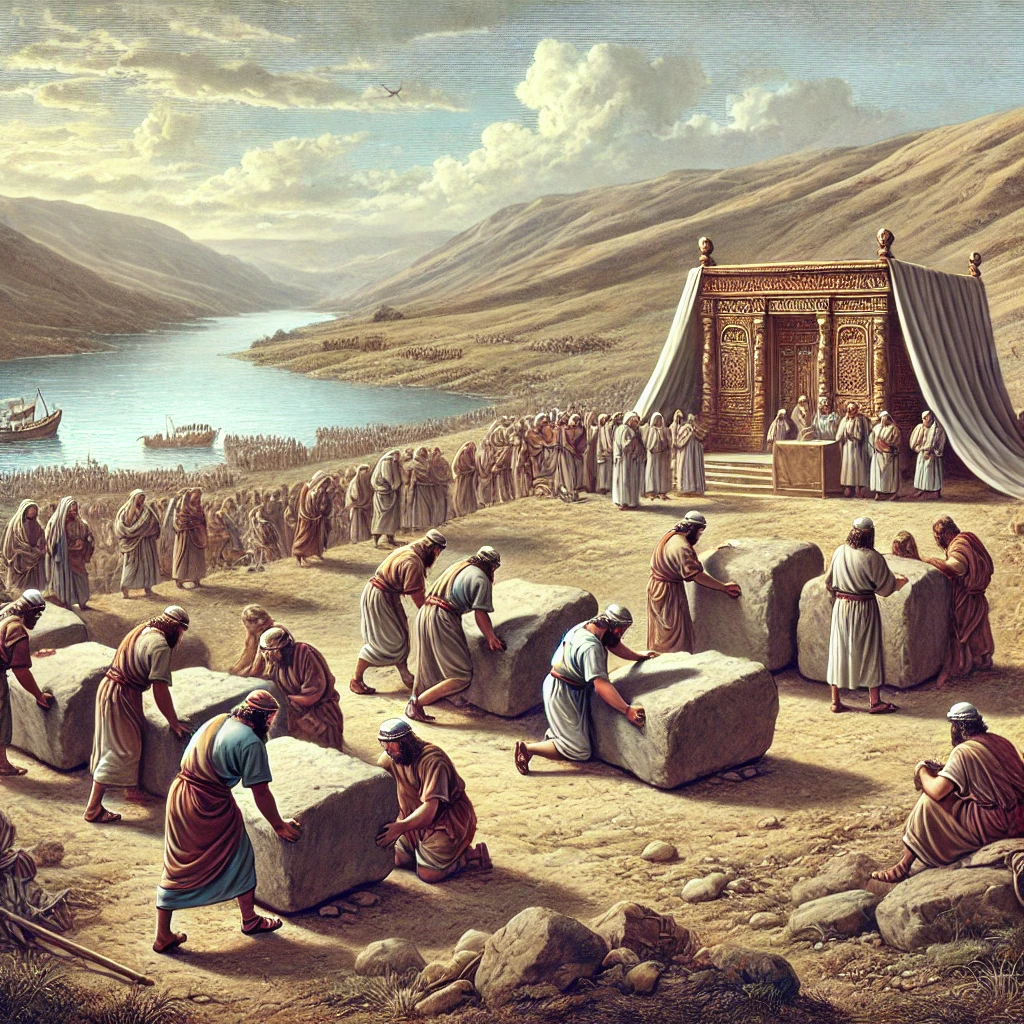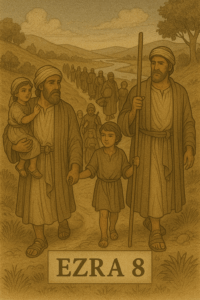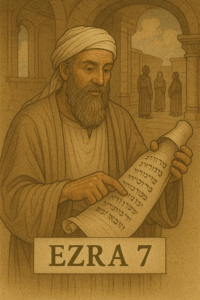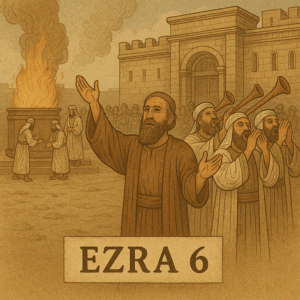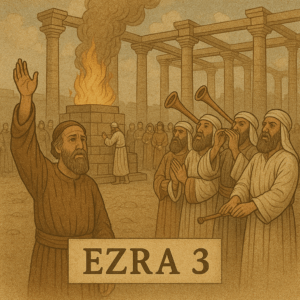Introduction.
Joshua Chapter 4 highlights an event in the journey of the Israelites as they enter the Promised Land. This chapter focuses on the setting up of twelve memorial stones, symbolizing the miraculous crossing of the Jordan River and God’s faithfulness. In this blog post, we delve into the key elements of Joshua Chapter 4 and the profound lessons it imparts.
Setting up the memorial stones.
After the Israelites miraculously crossed the Jordan River, God instructed Joshua to set up a memorial using twelve stones taken from the riverbed. Joshua 4:1-3 states:
“When the whole nation had finished crossing the Jordan, the Lord said to Joshua, ‘Choose twelve men from among the people, one from each tribe, and tell them to take up twelve stones from the middle of the Jordan from right where the priests are standing and carry them over with you and put them down at the place where you stay tonight.’”
This act of setting up memorial stones serves as a tangible reminder of God’s power and faithfulness in leading the Israelites into the Promised Land.
The significance of the stones.
The twelve stones taken from the Jordan were to serve as a memorial for future generations. Joshua 4:6-7 explains their purpose:
“to serve as a sign among you. In the future, when your children ask you, ‘What do these stones mean?’ tell them that the flow of the Jordan was cut off before the ark of the covenant of the Lord. When it crossed the Jordan, the waters of the Jordan were cut off. These stones are to be a memorial to the people of Israel forever.”
The memorial stones symbolize the miraculous intervention of God and serve as a teaching tool for future generations, ensuring that the story of God’s deliverance is passed down.
Lessons from Joshua chapter 4.
- Remembering God’s faithfulness: The memorial stones remind us of the importance of remembering and commemorating God’s acts of faithfulness. Reflecting on past miracles strengthens our faith and trust in God’s promises.
- Teaching future generations: The stones were intended to provoke questions from future generations, creating opportunities to teach about God’s power and faithfulness. This emphasizes the importance of passing down stories of faith to our children.
- Symbolism in worship: Physical symbols, like the memorial stones, play a significant role in worship and remembrance. They serve as tangible reminders of spiritual truths and divine interventions in our lives.
- Collective memory: The act of setting up the stones involved all twelve tribes, highlighting the importance of collective memory and unity in the community of faith. It shows how shared experiences and testimonies strengthen communal bonds.
Conclusion.
Joshua Chapter 4 offers a lesson in the importance of remembrance and the power of symbols in faith. The memorial stones at the Jordan River serve as a testament to God’s miraculous intervention and faithfulness to His promises. As we reflect on this chapter, let us be encouraged to remember and commemorate God’s works in our lives and pass down these stories to future generations.
